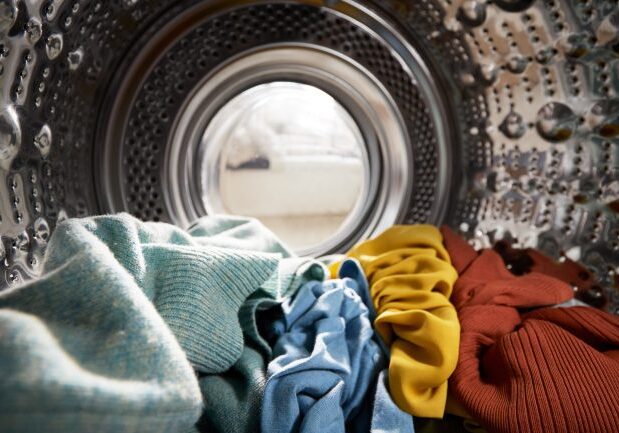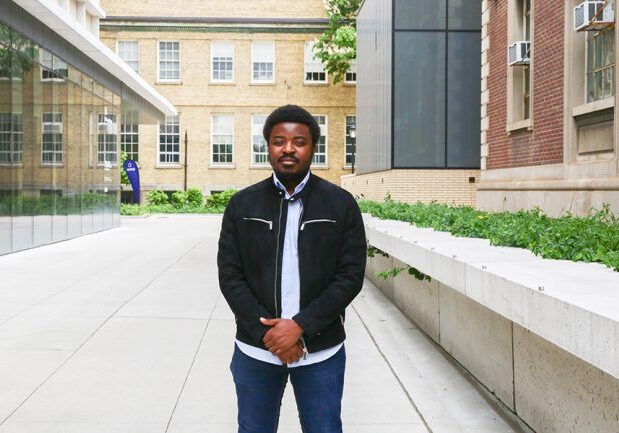
U of T Engineering team finalists in NRCan’s Oil Spill Response Challenge
Professor Amy Bilton (MIE) is leading a team that has been awarded $1.3M to develop and test their prototype
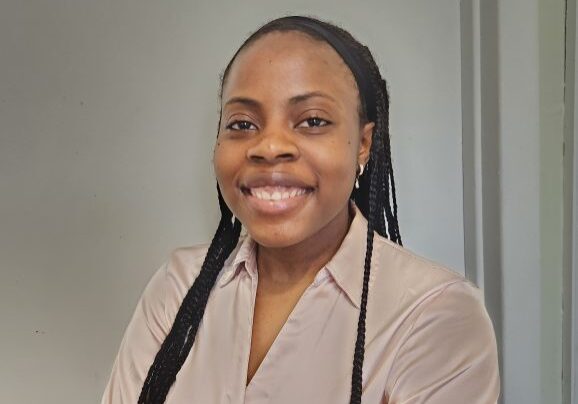
U of T Engineering PhD student is working to improve the sustainable treatment of Ontario’s drinking water
Maeva Che (CivMin PhD student) grew up Cameroon and is a researcher in the University of Toronto’s Drinking Water Research Group
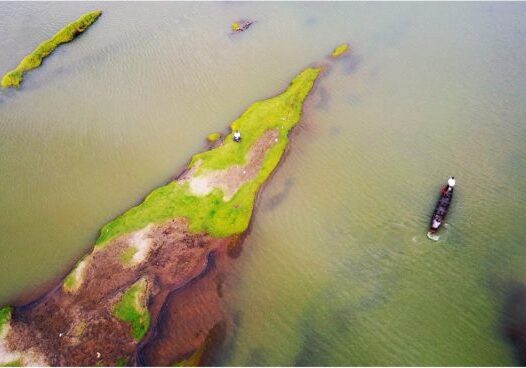
Engineering solutions to water, food and energy challenges in large river basins
Professor Mohammed Basheer (CivMin) and his partners at the International Food Policy Research Institute (IFPRI) developed a framework for water resource planning
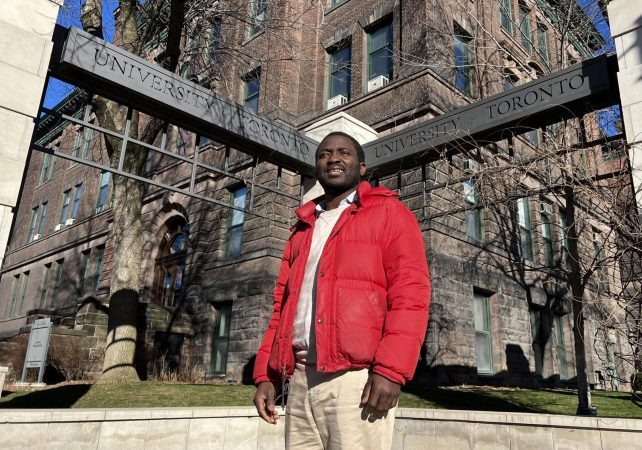
‘Take advantage of the brief opportunity to learn as much as possible while you are a student’: Meet Professor Hamed Ibrahim
Professor Ibrahim’s research goals include finding adaptive solutions to urgent regional water problems
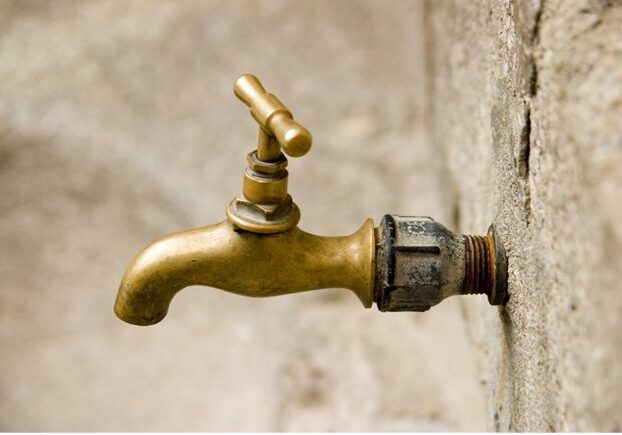
Why do Delhi and Bengaluru supply water according to 3,278 different schedules?
New research from Professor David Meyer (CivMin, ISTEP) and his team highlights how water supply scheduling leads to inequity between rich neighbourhoods and poorer ones
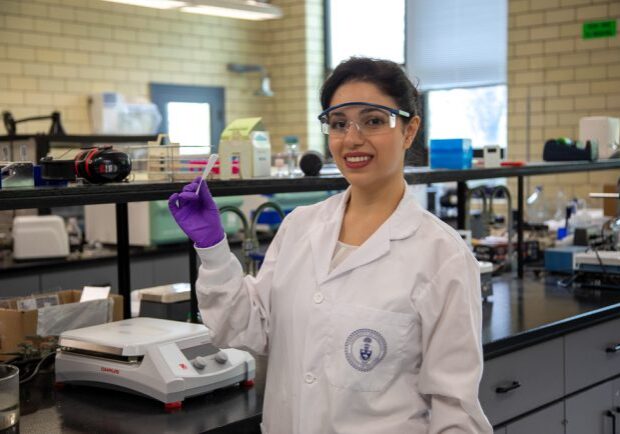
This sustainable solution for removing phosphate and ammonium from wastewater promotes a circular economy
Sara Abu-Obaid (ChemE PhD candidate) is leveraging inorganic particles to design advanced membranes that can recover these valuable nutrients
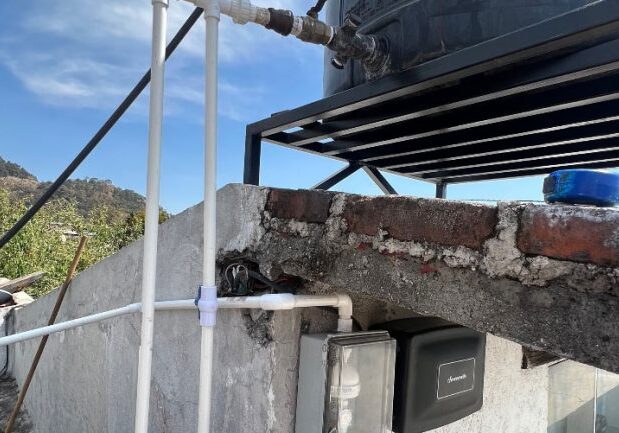
How solar-powered technology could enhance rainwater harvesting in Mexico
Ultraviolet light from LED systems could be used to inactivate pathogens in rainwater harvested in rural or peri-urban areas

